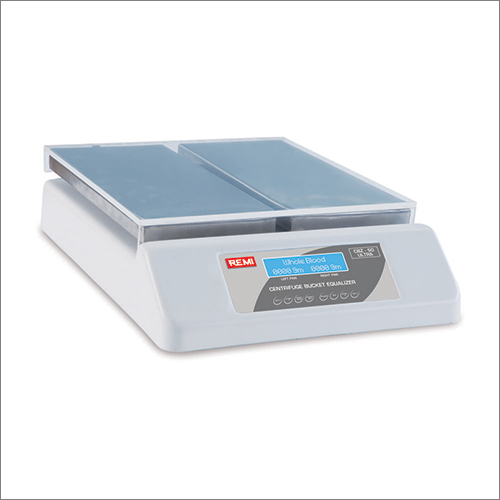Working Hours : Mon - Sat 10:00 am to 7:00 pm

CBZ-50 Plus Weighing Balance
123900 INR/Unit
Product Details:
- Weight 8 Kilograms (kg)
- Type CBZ-50 Plus Weighing Balance
- Dimension (L*W*H) 320 x 415 x 110 Millimeter (mm)
- Click to view more
X
CBZ-50 Plus Weighing Balance Price And Quantity
- 1 Unit
- 123900 INR/Unit
CBZ-50 Plus Weighing Balance Product Specifications
- 320 x 415 x 110 Millimeter (mm)
- CBZ-50 Plus Weighing Balance
- 8 Kilograms (kg)
CBZ-50 Plus Weighing Balance Trade Information
- 2-10 Days
Product Description
A CBZ-50 Plus Weighing Balance, also known simply as a scale, is a device used to measure the mass or weight of an object. There are various types of weighing balances designed for different purposes, ranging from simple mechanical scales to highly precise electronic balances.
Here's a basic overview of how weighing balances work:
1. Mechanical Balances: These balances typically use a system of levers and springs to measure weight. The object to be weighed is placed on one side of the balance, while calibrated weights are added to the other side until equilibrium is reached.
2. Electronic Balances: Electronic balances are more common in modern settings. They use load cells or strain gauges to convert the force exerted by the object into an electrical signal, which is then processed and displayed digitally. These balances offer greater precision and accuracy compared to mechanical balances.
3. Analytical Balances: Analytical balances are a type of electronic balance designed for measuring small masses with high precision. They are commonly used in scientific laboratories for tasks such as weighing chemicals or preparing precise solutions.
4. Calibration: To ensure accuracy, weighing balances need to be calibrated regularly using standard weights. Calibration adjusts the balance to compensate for any deviations from the standard measurement.
5. Environmental Factors: Environmental conditions such as temperature, humidity, and air pressure can affect the accuracy of weighing balances. Some modern balances come with built-in sensors to compensate for these factors.
CBZ-50 Plus Weighing Balance Specifications:
|
Accuracy |
+- 0.5 gm /+- 0.5 ml |
|
Capacity Each Pan |
5 Kg |
|
External Body Material |
Encapsulated Body |
|
Frequency |
50 Hz |
|
Phase |
Single Phase |
|
Weight |
8 Kg |
|
Voltage Supply |
230 V |
|
Dimensions (WxDxH) (mm) |
320 x 415 x 110 mm |
|
Model Number |
CBZ-50 Plus |
|
Brand |
Remi |
Tell us about your requirement

Price:
Quantity
Select Unit
- 50
- 100
- 200
- 250
- 500
- 1000+
Additional detail
Mobile number
Email
 English
English Spanish
Spanish French
French German
German Italian
Italian Chinese (Simplified)
Chinese (Simplified) Japanese
Japanese Korean
Korean Arabic
Arabic Portuguese
Portuguese


